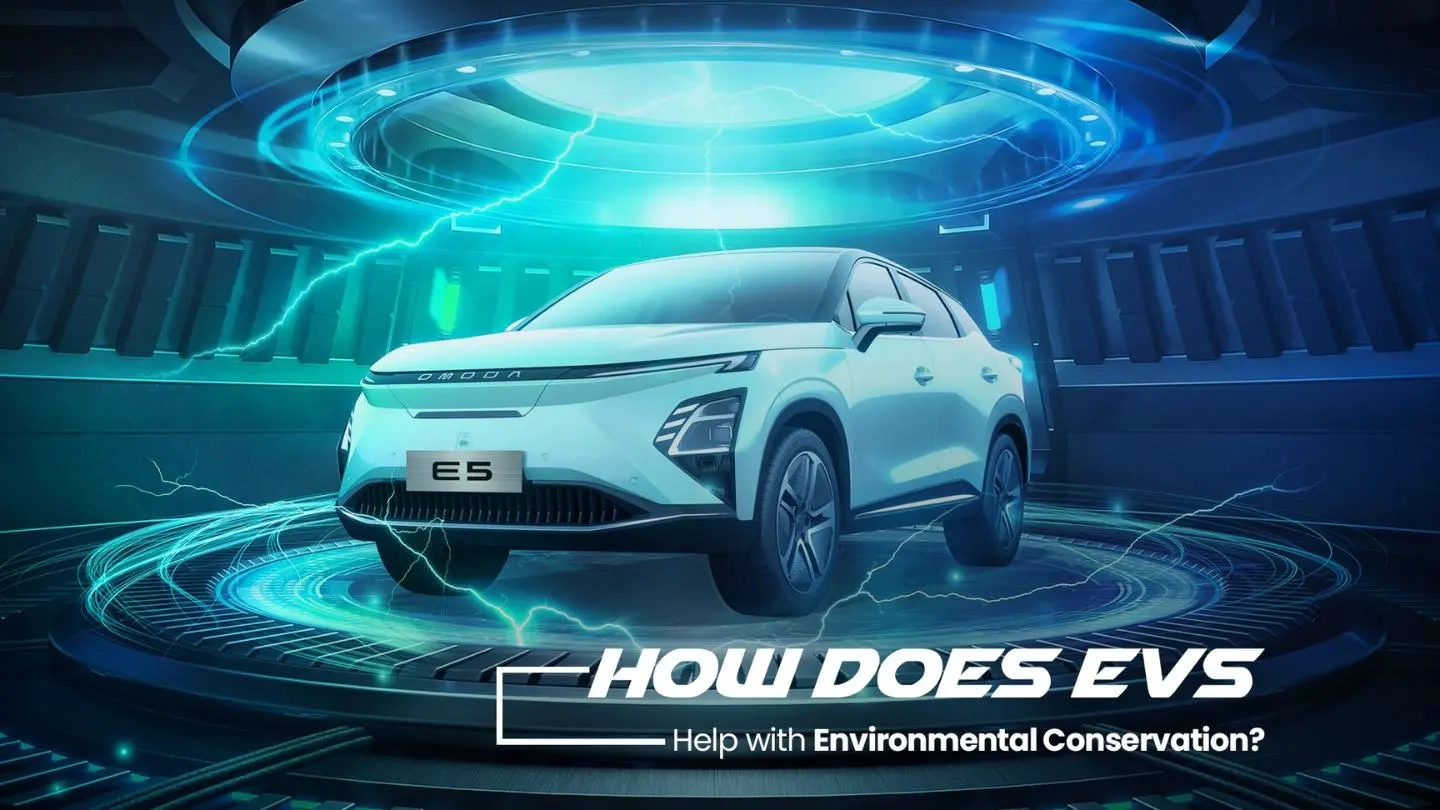How does EV help with Environmental Conservation?
May 17, 2024
How does EV help with Environmental Conservation?
May 17, 2024
Electric vehicles (EVs) are rapidly becoming a significant player in the global transportation sector, particularly in regions striving for environmental sustainability. Nepal, with its extensive road network and heavy reliance on petrol and diesel vehicles, faces numerous environmental challenges. The dominance of conventional vehicles has led to increased air pollution and a substantial carbon footprint. Emissions from petrol and diesel engines release harmful pollutants such as carbon monoxide (CO), nitrogen oxides (NOx), and particulate matter (PM), which degrade air quality and pose severe health risks.
Moreover, the reliance on fossil fuels contributes to greenhouse gas emissions, exacerbating global warming and climate change. In this blog, we will delve into how electric vehicles can significantly contribute to these environmental issues.
The need for eco-friendly transportation options is increasingly clear, given the escalating air pollution in metropolitan areas. Worldwide, there's a growing emphasis on adopting sustainable methods to decrease our impact on the environment. In this context, electric vehicles emerge as a promising, cleaner alternative. Electricity from renewable sources like hydro, wind, and solar power powers EVs, making them a crucial element in the shift towards sustainable transportation.
One of the most significant environmental benefits of electric vehicles is their ability to drastically reduce CO2 emissions. Unlike conventional vehicles, EVs produce minimal-to-zero CO2 emissions while operating. This reduction is crucial to combating climate change and improving air quality. The lifecycle emissions of EVs, from manufacturing to disposal, are also generally lower than those of traditional vehicles, further amplifying their environmental advantages.
Electric vehicles eliminate the need for fossil fuels, such as petrol and diesel, which are finite resources and major contributors to environmental degradation. Without fuel tanks or tailpipes, EVs avoid the emissions associated with extracting, refining, and burning fossil fuels. This shift not only helps conserve natural resources but also reduces geopolitical tensions related to fossil fuel dependence.
Electric vehicles are inherently more energy-efficient than their gasoline-powered counterparts. The energy conversion efficiency of EVs is significantly higher; electric motors convert over 85% of the electrical energy into mechanical energy, while internal combustion engines typically convert only about 20–30% of the energy from fuel into useful power. This superior efficiency means that EVs can travel further on the same amount of energy, leading to lower overall energy consumption.
The production of electric vehicles involves meticulous manufacturing processes designed to minimize environmental impact. Advances in battery technology and sustainable material sourcing are lowering the carbon footprint associated with EV production. Additionally, many manufacturers are adopting recycling programs for batteries and other components, ensuring that the lifecycle of an EV is as eco-friendly as possible.
Traditional vehicles are significant contributors to noise pollution, particularly in urban areas. The internal combustion engines and exhaust systems of petrol and diesel vehicles generate substantial noise, contributing to noise pollution and associated health issues. In contrast, electric vehicles operate silently, using electric motors that produce minimal noise. This reduction in noise pollution enhances the quality of life in urban settings, making cities quieter and more livable.
The environmental benefits of electric vehicles are manifold, ranging from reduced CO2 emissions and decreased dependency on fossil fuels to improved energy efficiency and lower noise pollution. As Nepal looks towards a sustainable future, the adoption of EVs presents a viable path forward. Embracing electric vehicles could significantly reduce the environmental footprint of Nepal's transportation sector, paving the way for cleaner air and a healthier population.
The future of EVs in Nepal’s automobile industry appears promising, with the potential to become the primary mode of transportation, driving the country towards a more sustainable and environmentally friendly future.
